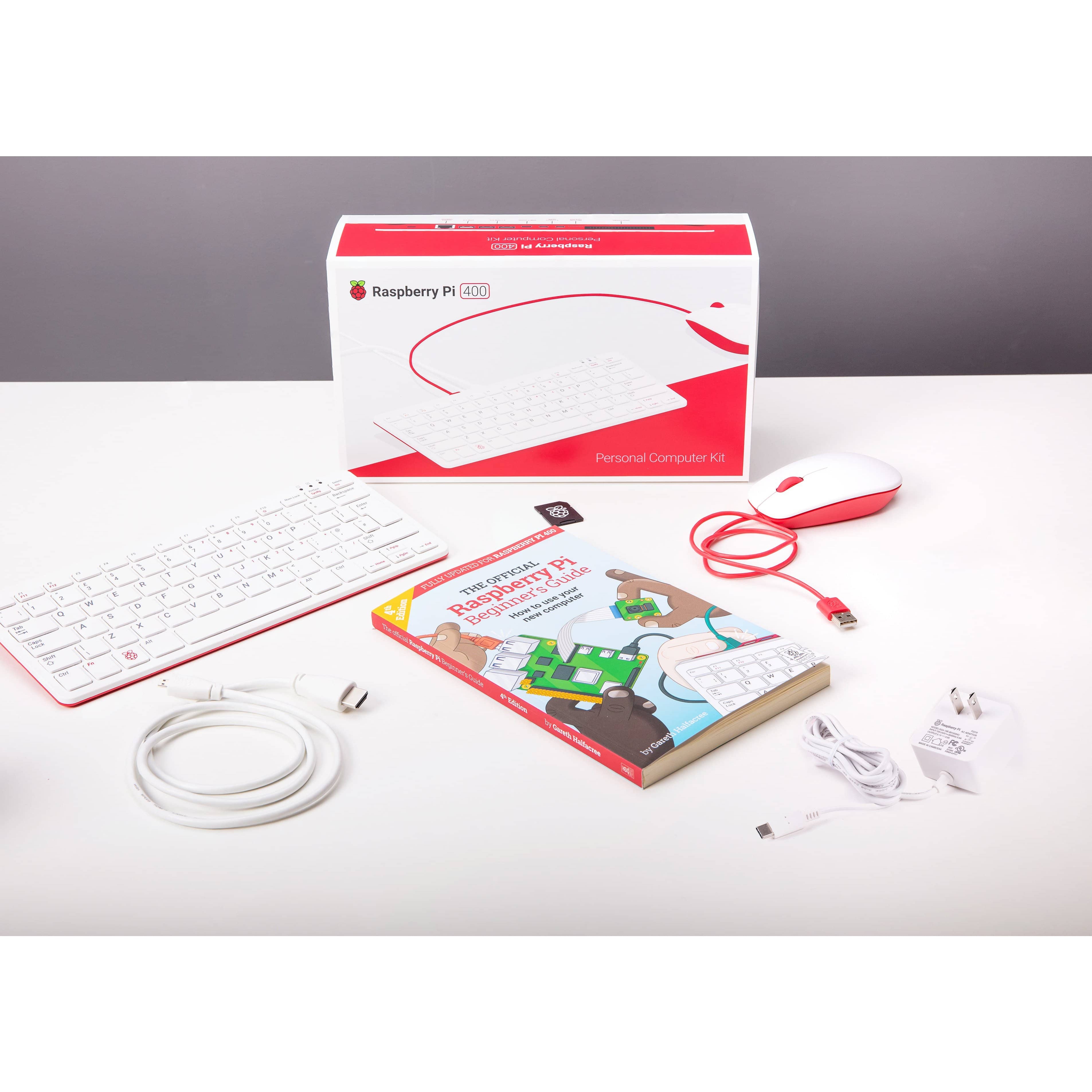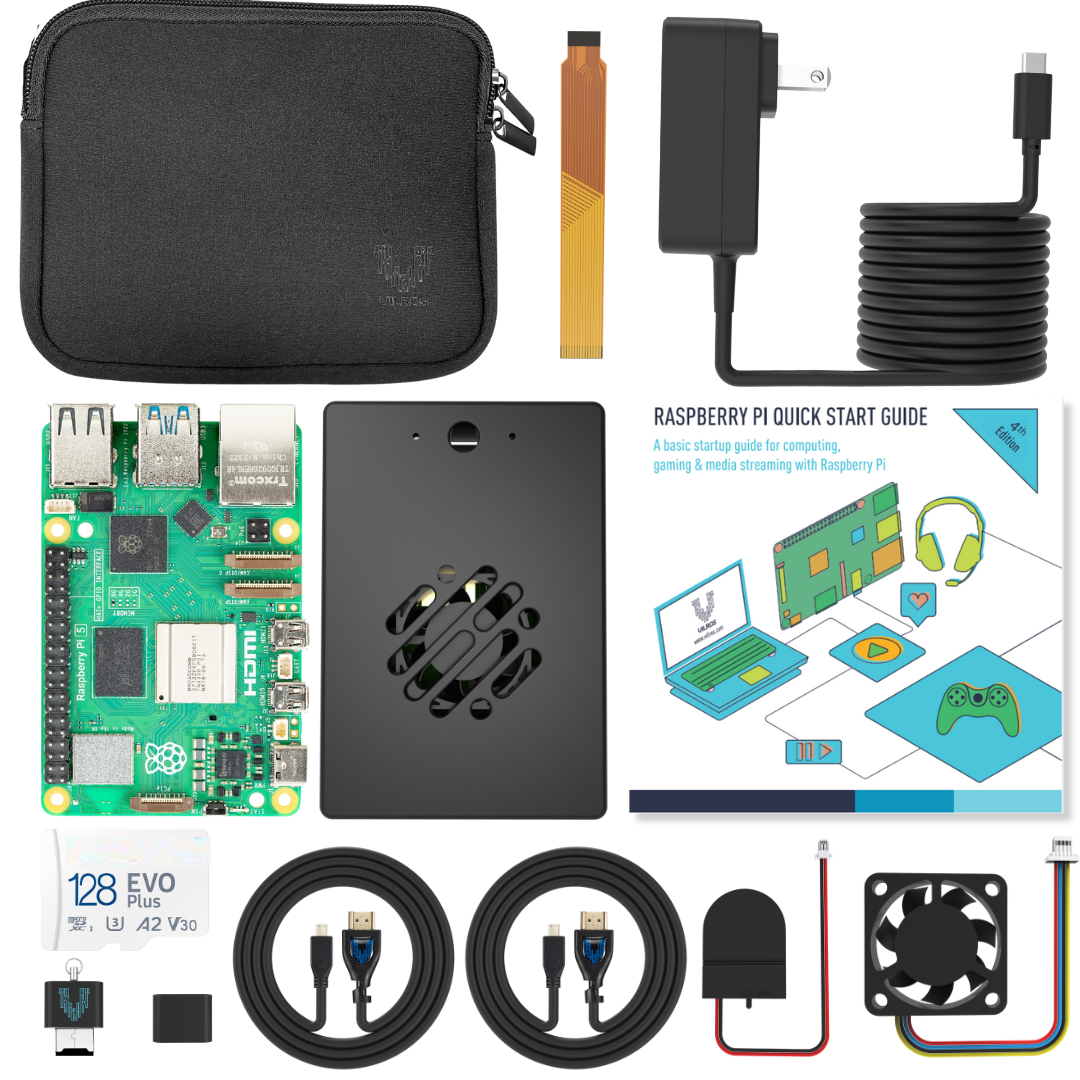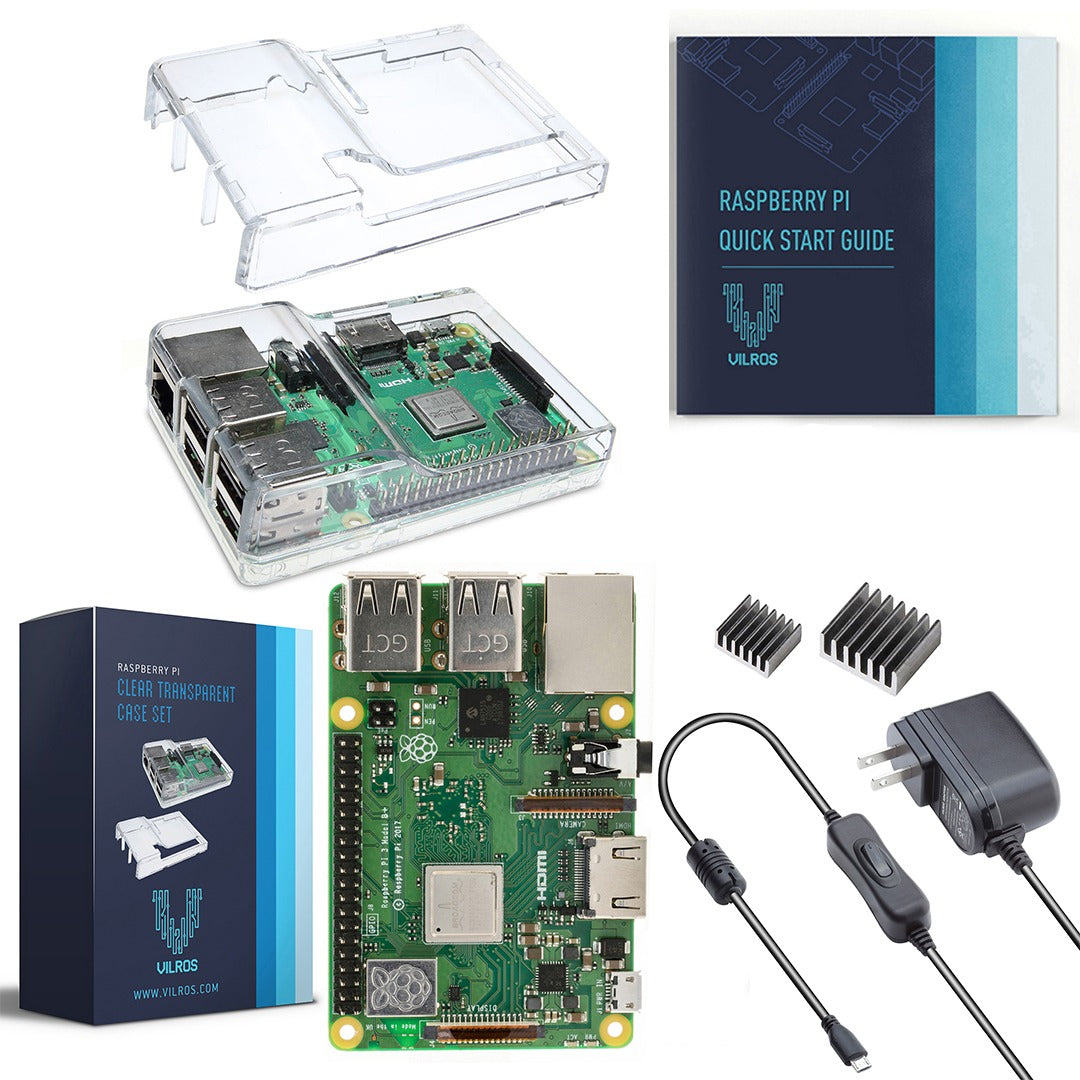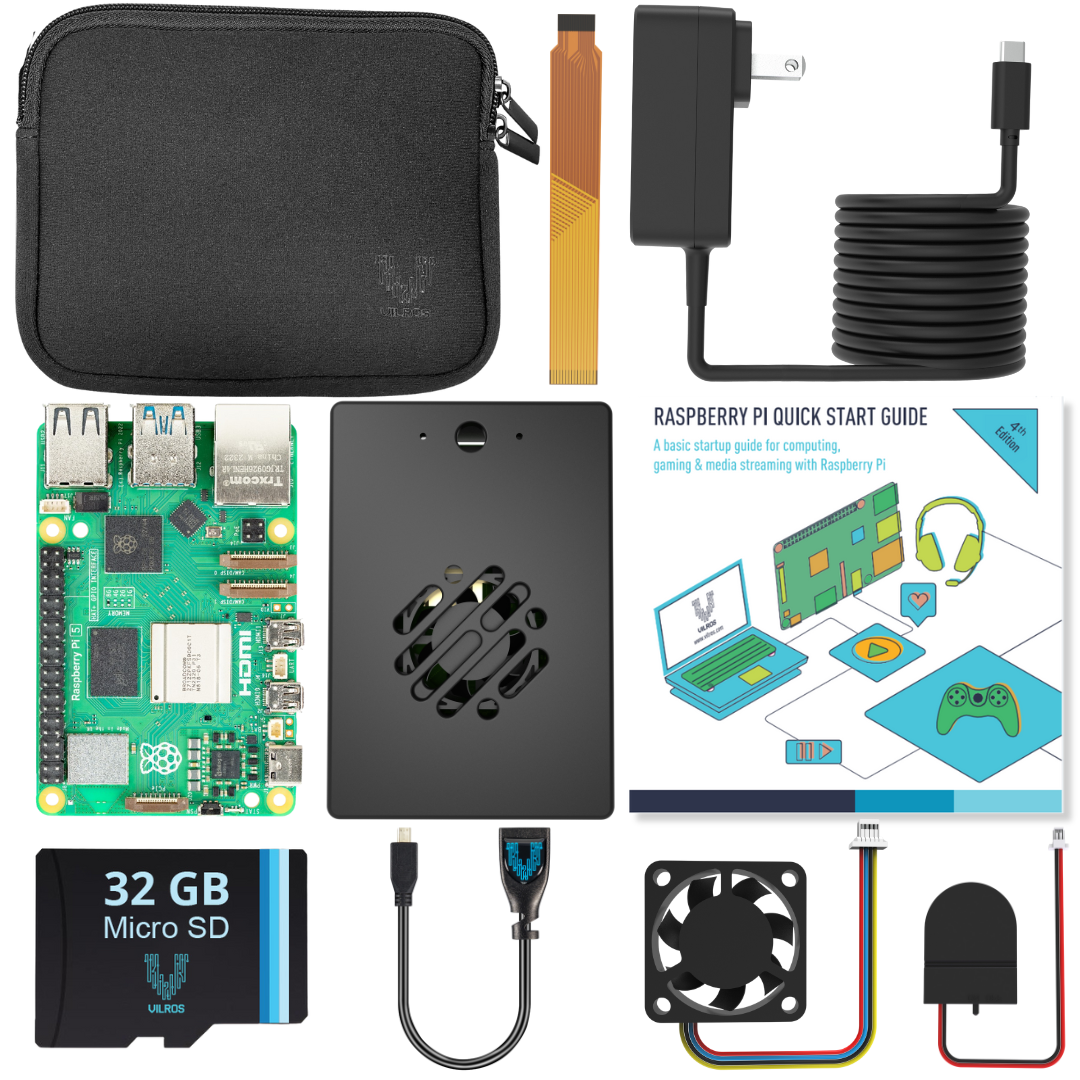
New version of Arduino's IDE released in January 2020
New version of Arduino's IDE released in January 2020
Arduino’s Integrated Development Environment, the software for writing code to program Arduino microboards such as the Uno, had its first major update recently with the release of version 1.8.11.
(This was followed a couple of weeks later by the release of version 1.8.12 on February 13th, which consisted mostly of bug fixes for the previous version.) The last update had been more than four months earlier in September of 2019. Let’s look at the changes and what it means for you and your Arduino Uno!
What is Arduino IDE?
Arduino IDE is a software development package that lets you program in C and C++ for Arduino microboards. It was developed as an open-source project and its source code is released under the GNU General Public License (version 2), and is a cross-platform application that runs on Windows, MacOS, or Linux operating systems.
What’s new?
The biggest improvement in the new release (in addition to the usual bug fixes and other minor improvements and optimizations to the back end) is better support for Mac OSX. This means that the IDE is now notarized for Mac users and more strictly follows OSX’s latest recommended security guidelines, for an easier and more secure experience.
Version 1.8.11 also brings us a new “send text” command function for the serial plotter, allowing you to interact with the board even while plotting data, faster build time for sketches, and updated firmware for AVR core central processing units and WiFi. Here are the full release notes for more details:
ARDUINO 1.8.11 2020.01.27
[ide]
* FIX: Serial plotter do not hang if empty lines are received
* A lot of accessibility improvements in Libs and Board managers GUI for screen readers
* Slightly improved support for themes in Libs and Board managers
* Serial plotter: added serial input text field
* MacOSX: support for notarization
* Fix wrong bracket match rectangle on auto format
* Pluggable discoveries: runtime.platform.path and runtime.hardware.path are now available as variables
[arduino-builder]
* FIX: missed library-detection cache (forcing lib detection on each build)
* FIX: Windows: the build folder may reside on a different partition
* FIX: Segfault in arduino-builder with -dump-prefs if no sketch is specified
* FIX: Allow loading of global user-define platform.txt
* FIX: Fixed nil pointer exception on some rare case with multiple libs
* FIX: Print "multiple libraries found for header.h" message only when it really happens
* FIX: Fixed library priorities on some rare circumstances
[hardware]
* updated AVR core to 1.8.2
[wifi-updater]
* updated to 0.10.10
And here are the notes for the second update that followed shortly thereafter:
ARDUINO 1.8.12 2020.02.13
[ide]
* Reverted the bundled Java JRE to the latest freely redistributable Oracle JRE for all
platforms except:
- macOS (due to notarization)
- aarch64 (due to missing graphical support)
Switching to AdoptJDK demonstrated to be more challenging than expected, bringing in
some corner case bugs that were not being caught by our testing procedures:
- https://github.com/arduino/Arduino/labels/OpenJDK
To guarantee the best user experience we decided to revert to the latest working JRE
until all the issues are resolved.
* Improved visualization of compiler errors
* Fixed: "Comparison method violates its original contract" error in library manager
* Serial monitor is no more cleared during upload, so it can be copy/pasted
[arduino-builder]
* FIX REGRESSION: library priority selection for bundled libraries (like SD or Ethernet)
* FIX REGRESSION: use AVR core installed via Board Manager (when present) instead of the one bundled in the IDE
* Improved precompiled libraries handling
* FIX: paths with spaces are now correctly printed in compiler output
Make sure to take advantage of this new update and the latest features today! To get started, check out the Vilros website for all things Arduino—our store has all the boards, kits and accessories you need. Then download the latest version of Arduino’s IDE here, or you can just code in the cloud on their web editor to make sure you’re always using the most up-to-date version.
And be sure to stop back by our blog for more ideas to get you started and all the latest Arduino and Raspberry Pi news








